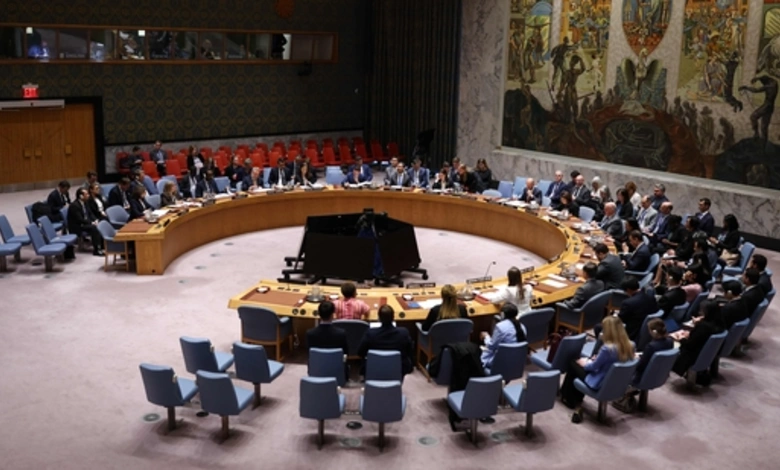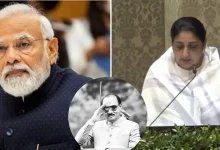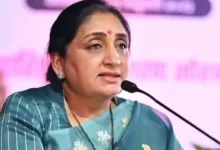UNSC Convenes Urgent Talks on India-Pakistan Tensions Post-Pahalgam Attack

The United Nations Security Council (UNSC) is set to conduct closed-door consultations on May 5, 2025, to address escalating tensions between India and Pakistan following a deadly terrorist attack in Pahalgam, Jammu and Kashmir. The meeting was prompted by a request from Islamabad for an emergency discussion.
Pakistan, currently a non-permanent member of the 15-nation UNSC, sought the consultations to discuss the strained bilateral relations, which have worsened since the April 22 attack that claimed 26 lives, mostly tourists. Greece, holding the UNSC presidency for May, scheduled the session for the afternoon, with Ambassador Evangelos Sekeris, Greece’s Permanent Representative to the UN, emphasizing the need for dialogue to reduce regional tensions.
The UNSC comprises five permanent members with veto power China, France, Russia, the United Kingdom, and the United States alongside 10 non-permanent members: Algeria, Denmark, Greece, Guyana, Pakistan, Panama, South Korea, Sierra Leone, Slovenia, and Somalia. Sekeris, who last week indicated openness to such a meeting, condemned the Pahalgam attack as a “heinous” act of terrorism and expressed condolences to the governments of India and Nepal, as well as the victims’ families.
In response to the attack, India has implemented several measures against Pakistan, including suspending the Indus Waters Treaty, revoking visas issued to Pakistani nationals, banning imports from Pakistan, and reducing diplomatic presence by expelling military advisors and downsizing high commissions. These actions have heightened tensions between the two nuclear-armed neighbors.
India’s External Affairs Minister S. Jaishankar has actively engaged with UNSC members, except China and Pakistan, to underscore the need to hold the perpetrators, supporters, and planners of the attack accountable. Jaishankar’s discussions included a call with Greek Foreign Minister George Gerapetritis, where he welcomed Greece’s firm stance against cross-border terrorism.
Sekeris highlighted the UNSC’s broader concern about rising tensions, noting the significant size and influence of both India and Pakistan, with India being “far bigger” in scale. He stressed the council’s commitment to condemning terrorism globally while expressing hope that the consultations could help de-escalate the situation.




